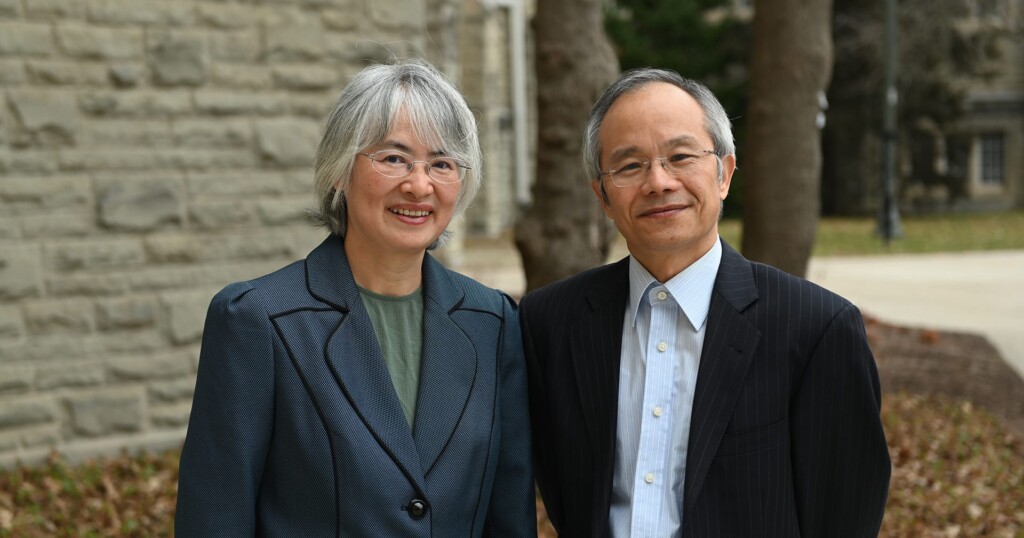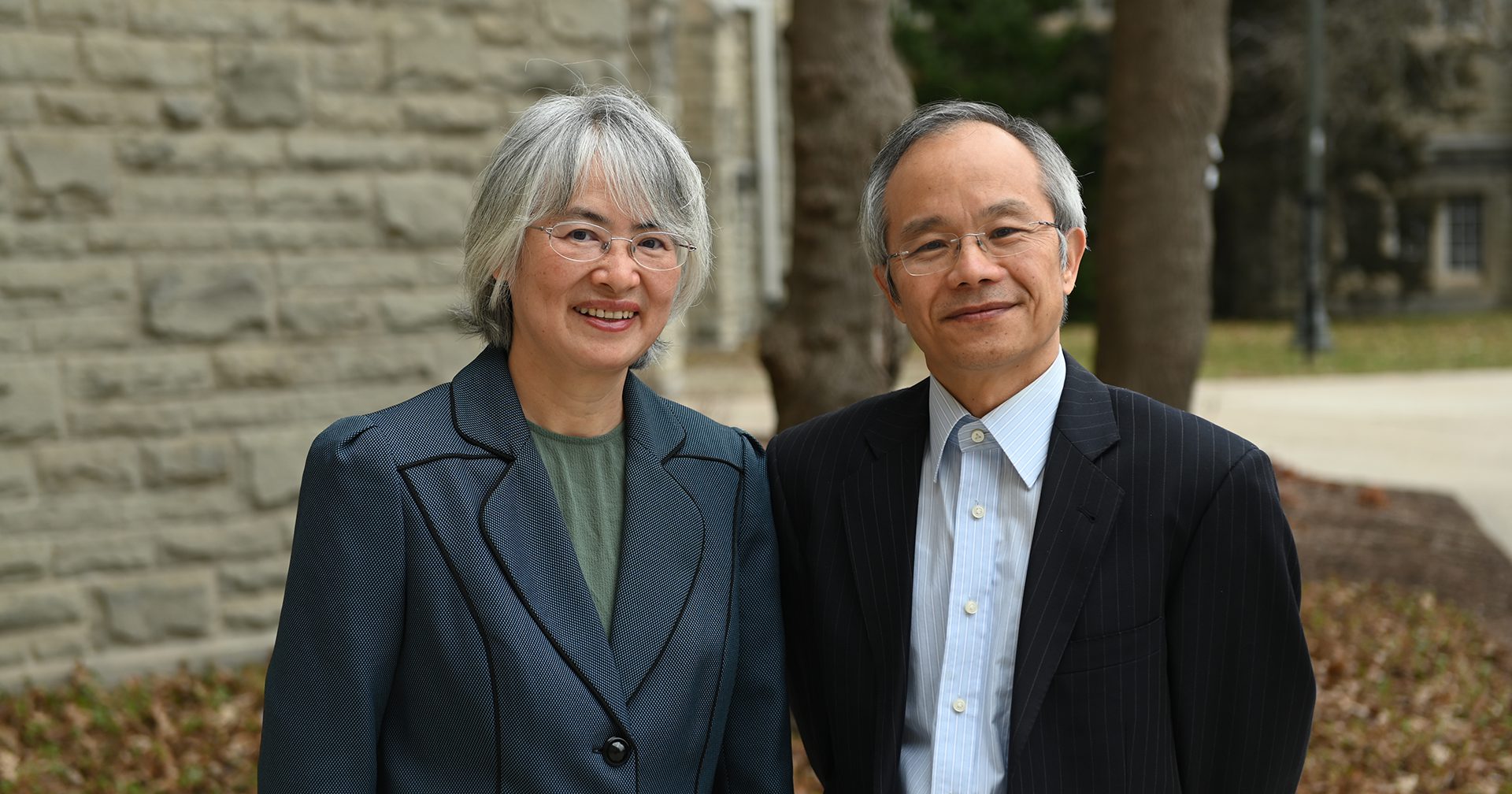
A protein long believed to be linked with Alzheimer’s has now been identified as a potential smoking gun for the most common cause of mortal childbirth complications after a drug was shown to have cure-like effects in mice.
Pre-eclampsia is a pregnancy complication that affects up to 8% of pregnancies globally and is the leading cause of maternal and fetal mortality due to premature delivery, complications with the placenta, and lack of oxygen.
It was during the course of looking for a treatment for pre-eclampsia that Brown University’s Surendra Sharma and Sukanta Jash discovered that a key marker for the disease was also present in the brains of Alzheimer’s patients.
Cis P-tau protein is a toxic amyloid found abundantly in the brains of people with strokes, Alzheimer’s disease, traumatic brain injury, and other cognitive degeneration, an association discovered by Drs. Kun Ping Lu and Xiao Zhen Zhou from Western Ontario University.
Dr. Zhou was in the middle of trialing an antibody drug that targeted cis P-tau while leaving other proteins unharmed.
Drs. Sharma and Jash were curious whether the same antibody could work as a potential treatment for pre-eclampsia. Upon testing the antibody in mouse models they found astonishing results.
“In this study, we found the cis P-tau antibody efficiently depleted the toxic protein in the blood and placenta, and corrected all features associated with pre-eclampsia in mice,” Dr. Sharma told the Western University press.
MORE CHILDBIRTH ADVANCEMENTS: Maternal Survival Rates Are Soaring to New Highs – and Part of it is Thanks to Folk Songs
“Clinical features of pre-eclampsia, like elevated blood pressure, excessive protein in urine, and fetal growth restriction, among others, were eliminated and pregnancy was normal.”
Lu and Sharma had met at Brown in 2019, where Lu was invited to give a lecture on his research. Following an engaging session and a few dinners together, a collaboration between the Western researchers and Brown was forged.
MORE CURES: ‘Miracle’ Drug Has Young Girl Running Dancing and Swimming Again Despite Cystic Fibrosis
“Science surprises us. I had never thought of working on finding a therapy for preeclampsia,” Lu admitted. “It also shows that a collaboration can be transformative.”
Sharma and his team at Brown have been working on developing an assay for early detection of preeclampsia and therapies to treat the condition. He believes the findings of this study have brought them closer to their goal.
SHARE This Serendipitous Cure Potential With Your Friends…




















